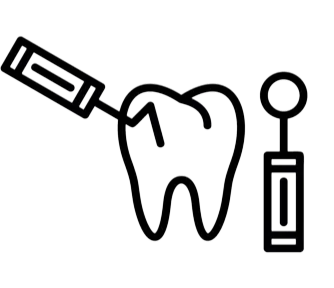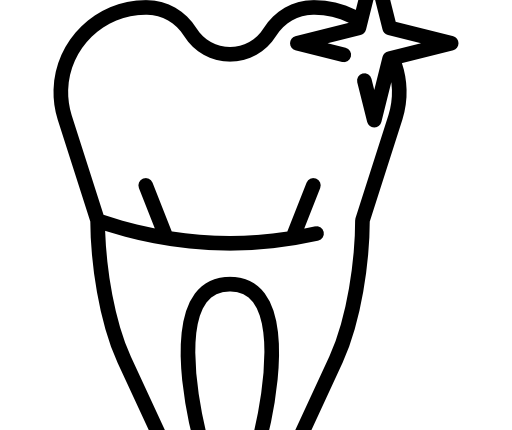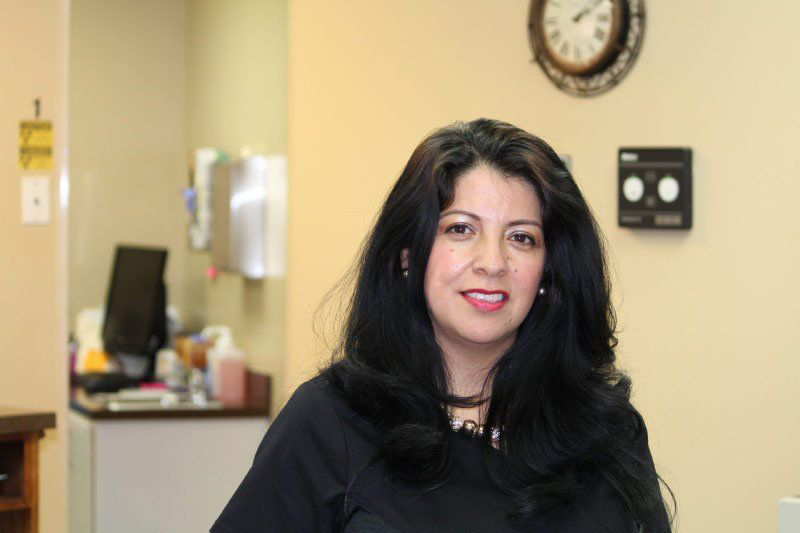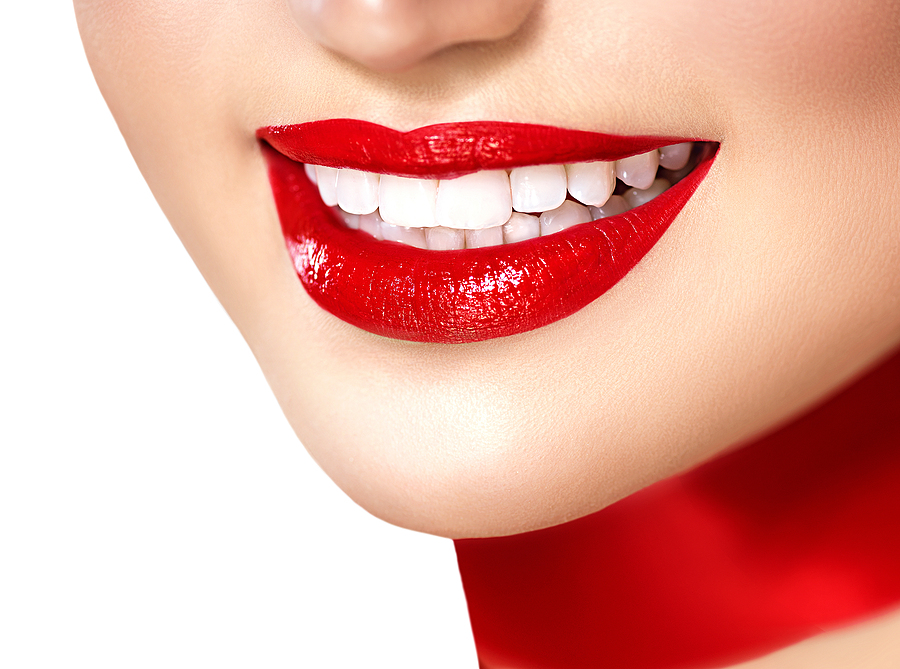![This is a thumbnail image of blog Good Oral Health Begins at Home This is a thumbnail image of blog Good Oral Health Begins at Home]()
Good Oral Health Begins at Home
Jul 21, 2023![This is a thumbnail image of blog Is a Root Canal in Your Future? Look Out for These 5 Warning Signs This is a thumbnail image of blog Is a Root Canal in Your Future? Look Out for These 5 Warning Signs]()
Is a Root Canal in Your Future? Look Out for These 5 Warning Signs
Jan 30, 2024![This is a thumbnail image of blog Achieve a Perfect Smile with Cosmetic Dentistry in Winston-Salem, NC This is a thumbnail image of blog Achieve a Perfect Smile with Cosmetic Dentistry in Winston-Salem, NC]()
Achieve a Perfect Smile with Cosmetic Dentistry in Winston-Salem, NC
Oct 16, 2024![Endodontics in Winston-Salem, NC Endodontics in Winston-Salem, NC]()
The Benefits of Endodontic Treatment: Why Saving Your Tooth is Worth It
Nov 11, 2024![This is a thumbnail image of blog How Restorative Dentistry Can Improve Your Quality of Life This is a thumbnail image of blog How Restorative Dentistry Can Improve Your Quality of Life]()
How Restorative Dentistry Can Improve Your Quality of Life
Mar 12, 2025

Best Tips For Brushing Teeth
Brushing your teeth is essential for maintaining good oral hygiene and the health of your teeth. But most people do not know the proper technique to brush their teeth.
Why Is Brushing Important?
Keeping your teeth and gums healthy is important for more than just your mouth. Oral health can be one of the first signs of other health problems, like heart disease and diabetes. That’s why it is important to practice good oral hygiene habits at home. In fact, did you know that brushing your teeth for a full two minutes twice a day can reduce your risk of gum disease and cavities by as much as 40%?
How Should You Brush Your Teeth? Here Are Some Tips To Help You Brush Properly.
Start by brushing the outer surfaces of your teeth first using a circular motion. Then move on to the insides, making sure to brush the chewing surfaces of each tooth as well. As you brush towards the gum line, angle your toothbrush slightly to allow the bristles to reach under the gums. Lastly, use the tip of the brush to clean behind the front teeth and the back teeth.
Most toothbrushes come with their own tongue scraper on the back of the brush head. This is used to clean the back of your tongue to remove bacteria that cause bad breath. Bacteria also build up on your tongue overnight, so it is important to remember to brush it at least once per day.
Don’t forget to floss, too! Flossing helps remove plaque and food particles from between your teeth and below the gum line. If you have braces or another type of fixed appliance, there are special flossing aids available to assist you with cleaning these areas effectively. If you have questions about how to properly care for your teeth and gums, be sure to ask your dentist at your next visit. We would be happy to give you personalized tips that work best for you and your smile.
How To Pick The Right Toothbrush?
- Choosing a toothbrush isn’t rocket science, but there are a few things that may make this decision a little bit easier. Here are some things to look for when picking a brush that will best fit your needs and lifestyle:
- Choose a soft-bristled brush. This is ideal for cleaning teeth that are sensitive or prone to developing cavities. Hard bristles can damage the tooth enamel and gums and cause gum recession over time. The American Dental Association recommends a soft-bristled brush.
- Look for the ADA Seal of approval on the packaging. This means that the toothbrush has been evaluated by the American Dental Association, and it’s safe and effective to use on your teeth.
- Consider the size of the head on your toothbrush. The head of the toothbrush should be small enough to reach all areas of the mouth easily but not too small that it misses spots. In general, adults need a small-head toothbrush, while children may require a larger-sized toothbrush with a handle designed for smaller hands.
- Opt for a toothbrush that has a comfortable grip. A non-slip handle will lessen your chances of dropping the toothbrush as you’re scrubbing your teeth, which could lead to more bacteria entering the mouth and potentially causing tooth decay. Your toothbrush should also have a solid construction to it in order to last a long time and provide effective cleaning.
To find out more about the dental services we offer at Eric J. Sadler, DDS & Associates, Winston-Salem, NC, call (336) 744-1300 or schedule an online consultation. You can also visit the dentist in Winston-Salem, NC, at 3801 Indiana Avenue, Winston-Salem, NC, 27105.
Location
3801 Indiana Avenue,
Winston-Salem, NC 27105
Office Hours
MON - THU8:00 am - 5:00 pm
FRI8:00 am - 1:00 pm
SAT - SUNClosed

















comments